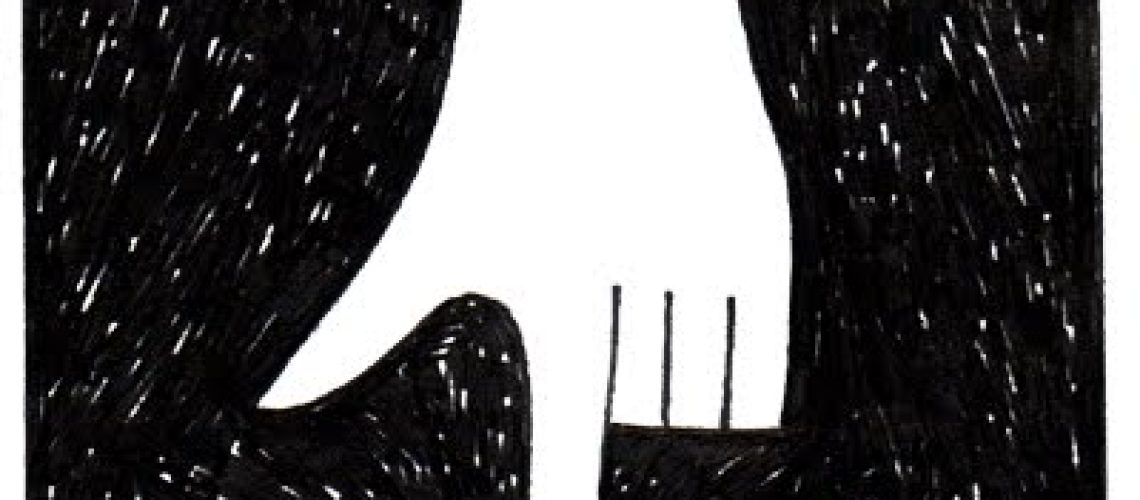by Krishna Pallavi
If you have watched the movie “The Man Who Saved God” or “Oh My God!” (the Bollywood remake of the same movie), you must have had a slight understanding as to what this maxim is.
Vis Major, the phrase derived from Latin, which means “Superior force” or “The Act of God.” This recognized defence under the Law of Torts, is the accident caused due to natural forces, directly and exclusively without any human intervention involved in it.
For the claim of Vis Major as a defence, the following elements must be fulfilled.
Working of natural forces + Extraordinary occurrence
To understand this better, let us take a close look as to what these elements mean.
1. Working of natural forces:
Only those acts, where there is an involvement of natural forces and no human intervention can be called as the Acts of God. These acts are considered to be inevitable in nature and something that is and unforeseeable by human beings. Things which can neither be predicted and are unlikely to be controlled are called unforeseeable.
For example: earthquakes, tsunamis, floods, drought, cyclones etc.
Let us consider a situation to understand this concept better:
Two parties enter into a contract for the supply of cotton in another country via ship. However, the seller to the contract could not deliver the goods due to tsunami in the said region. Can the buyer claim damages from the seller in this case? No, he can’t.
Why? The reason for the failure on the part of the seller to deliver goods to the buyer was not because of negligence on his part but because of the tsunami which is considered as a natural disaster.
Therefore, the defendant (seller) can take the defence of Act of God/Vis Major in order to evade liability.
If seen from the other side, if the cotton was stolen by a gang of thieves from the defendant, the defence will fail. Why? Because in this case, though the event was uncontrollable by the defendant, it was not an act caused by natural forces.
(Does not mean that some other defence will not be successful – only this particular one won’t be.)
2. Extraordinary Occurrence:
Only those acts, where there is an involvement of:
i) natural forces,
ii) no human intervention and also,
iii) no reasonable grounds for the anticipation of such occurrence, are called as the Acts of God.
The act need not be necessarily unique, it should be an extraordinary act and in a nature, where it is beyond a reasonable capacity of a human being to anticipate such natural occurrence.
What is reasonable?
This is a very important and the most debated term in Law. However, the common understanding of the term “reasonable” under the Black’s law dictionary is “ordinary or usual.”
A reasonable man is an ordinary man who can give a reasoned judgement on a particular aspect and not someone of an extraordinary nature. Therefore, you, me and everyone around us are considered to be of a reasonable nature.
The word reasonable used in this context is: if a particular natural event was going to take place, as a reasonable man would you have anticipated such an event to occur?
Let us consider a situation to understand the concept better:
Let us consider the same example of the cotton supply, with a little twist in it. Two parties enter into a contract for the supply of cotton in another country via ship. However, the day when the contract was signed, the buyer listening to the radio heard that there might be a Tsunami in the coming days. Eventually, the seller could not deliver the goods due to Tsunami in the said region as the consignment was lost.
Can the buyer claim damages here? No. In this case, the buyer cannot claim damages from the seller as he had already foreseen such a situation coming his way. The anticipation here is reasonable.
Or
In the similar manner, if a particular area where the cotton is shipped, is prone to Tsunami or it was anticipated that in the near days there was a possibility for the occurrence of the same. Then, this would fall under the reasonable capacity of the defendant to anticipate such occurrence, thereby not allowing him to claim this defence in order to evade his liability.





